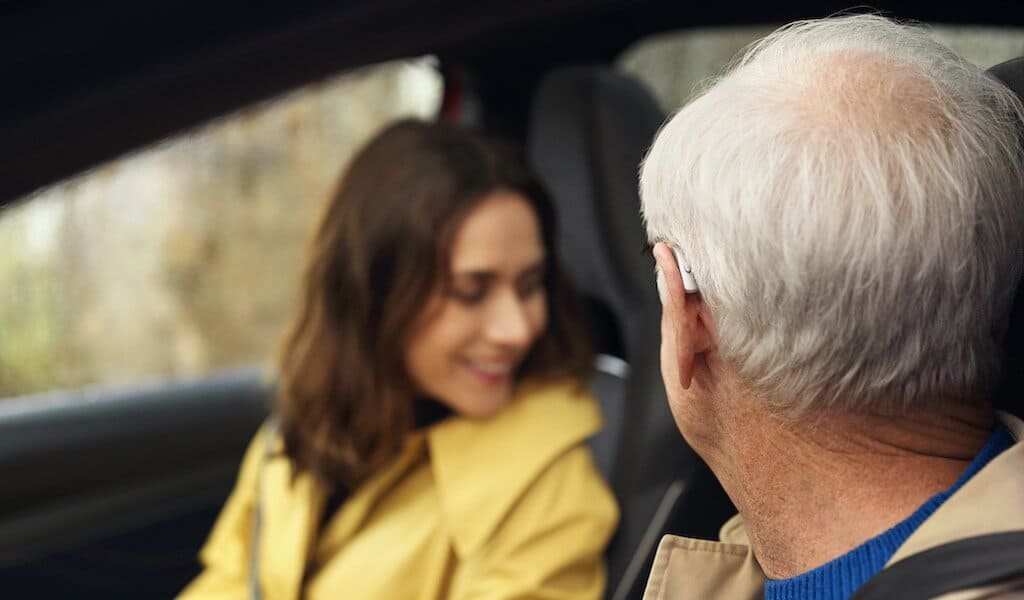
Since the removal of the trolley system in most American cities in the 1920s the US infrastructure is now designed around cars. Without a car of you own, a taxi or a ride share, it is often difficult to get just about anywhere these days. This means for most people, that a driver’s license is often a ticket for independence and mobility. We can get where we need to go when we are ready to get there.
However, with this independence, there is a great room for human error. The self-driving car hasn’t completely arrived yet, but in the meantime, safety needs to be one of the most primary concerns every time you get behind the wheel. If you are approaching 65 and beyond it may take extra precautions to stay safe. While teen drivers are statistically the most at-risk driving group, for every 1,000 people involved in crashes, senior drivers are involved in 96.61 accidents. It seems that the older you get, the higher of a risk you have of causing or being involved in an accident.
Addressing Hearing Loss for Older Drivers
Car accidents in the U.S. reach more than 6 million annually, with the number of deaths due to motor vehicle crashes equaling approximately 10 per 100,000 persons per year. It is important to do what you can as you age to ensure you keep you, your passengers and everyone else on the road safe, while still enjoying the independence, which is likely essential to your self-esteem and mental health. Careful driving requires sharp visual and auditory senses to make prompt and informed choices.
For drivers 65 and older, it’s likely one in three will have some degree of hearing loss. Driving with hearing loss means that you will be less likely to identify sounds in a timely manner. Driving requires split second decisions to keep you and others safe. You may not respond to the sound of a beeping horn in time, or a siren from an emergency vehicle. You may miss the more subtle sounds of a car approaching from one side, leading to a devastating accident.
Wearing Hearing Aids While Driving
If you are approaching 65 and beyond and you have not yet scheduled a hearing exam, then we recommend you do so immediately. Not only is your risk highly elevated, but you may be living with an impairment and not even know it! Hearing loss often develops gradually over years, to the point that you may be less aware of important safety sounds around you and not even know it. While most forms of hearing loss—particularly those related to advanced age are permanent, the good news is that treatment can go a long way towards keeping you and everyone on the road much safer when you drive. These tiny electronic devices amplify the specific tones, pitches and sounds you struggle with to help you be more alert and more aware on the road. Along with wearing your hearing aids every time you get on the road, here are some tips to help you hear better to keep everyone safer on the road when you have hearing loss:
Test your eyes as well as your ears
It is not only hearing which commonly declines as we age, but our vision as well. Like hearing loss, one in three people 65 and beyond will have some degree of vision decline. Our eyes, like our ears are an important sense which helps us make quick and informed decisions while driving. If it’s been a while since your last eye exam, make sure to schedule one right away and always drive with your corrective lenses.
Limit Distractions
This can mean lowering the number of distractions while you drive such as conversations or rolled down windows. In addition, most people use their smartphone as a navigation tool—however this can create a situation where a text comes in while driving, distracting you from the road and putting you at a higher risk for an accident. We recommend mounting your smartphone on your dashboard so you can see it but it is mostly out of reach to minimize the urge to check it. For hearing aid users with Bluetooth connectivity, you can stream navigation directions wirelessly into your hearing aids, for clearer sound.
Treating Hearing Loss
If you’ve been putting off a hearing exam it’s time to schedule it today. Whether you already wear hearing aids or it’s your first time, we can test your hearing and find the best solution to keep you and everyone safe on the road.
